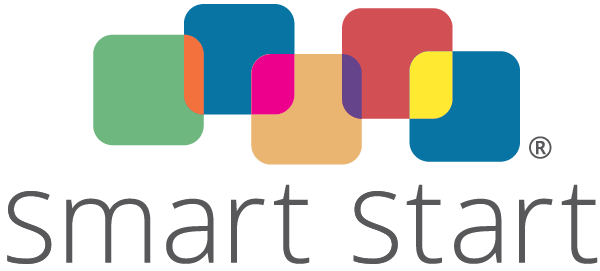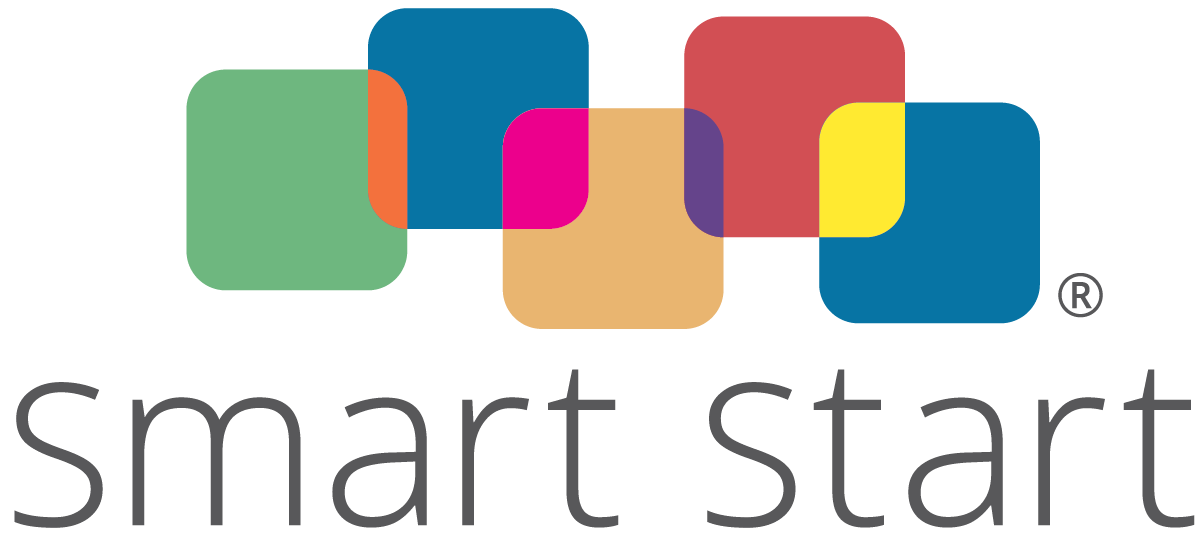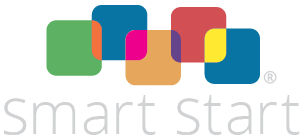 Smart Start collaborates with early care and education stakeholders, advocacy organizations, and policymakers to address the state’s workforce crisis. Smart Start supports policies and investments that provide additional funding to improve access to quality care, including increased compensation for the early childhood workforce, and improved child care subsidy reimbursement rates.
Smart Start collaborates with early care and education stakeholders, advocacy organizations, and policymakers to address the state’s workforce crisis. Smart Start supports policies and investments that provide additional funding to improve access to quality care, including increased compensation for the early childhood workforce, and improved child care subsidy reimbursement rates.
North Carolina’s Workforce
Research illustrates that low teacher pay contributes to high turnover rates , decreased access to high-quality infant and toddler child care, and high child care waitlist totals.



